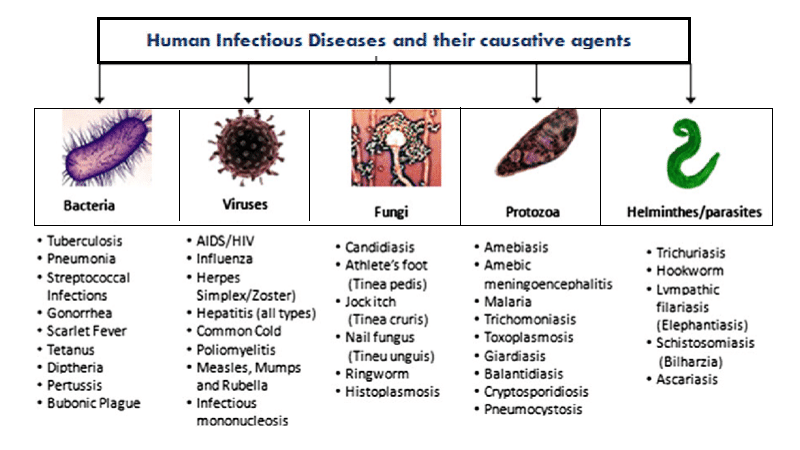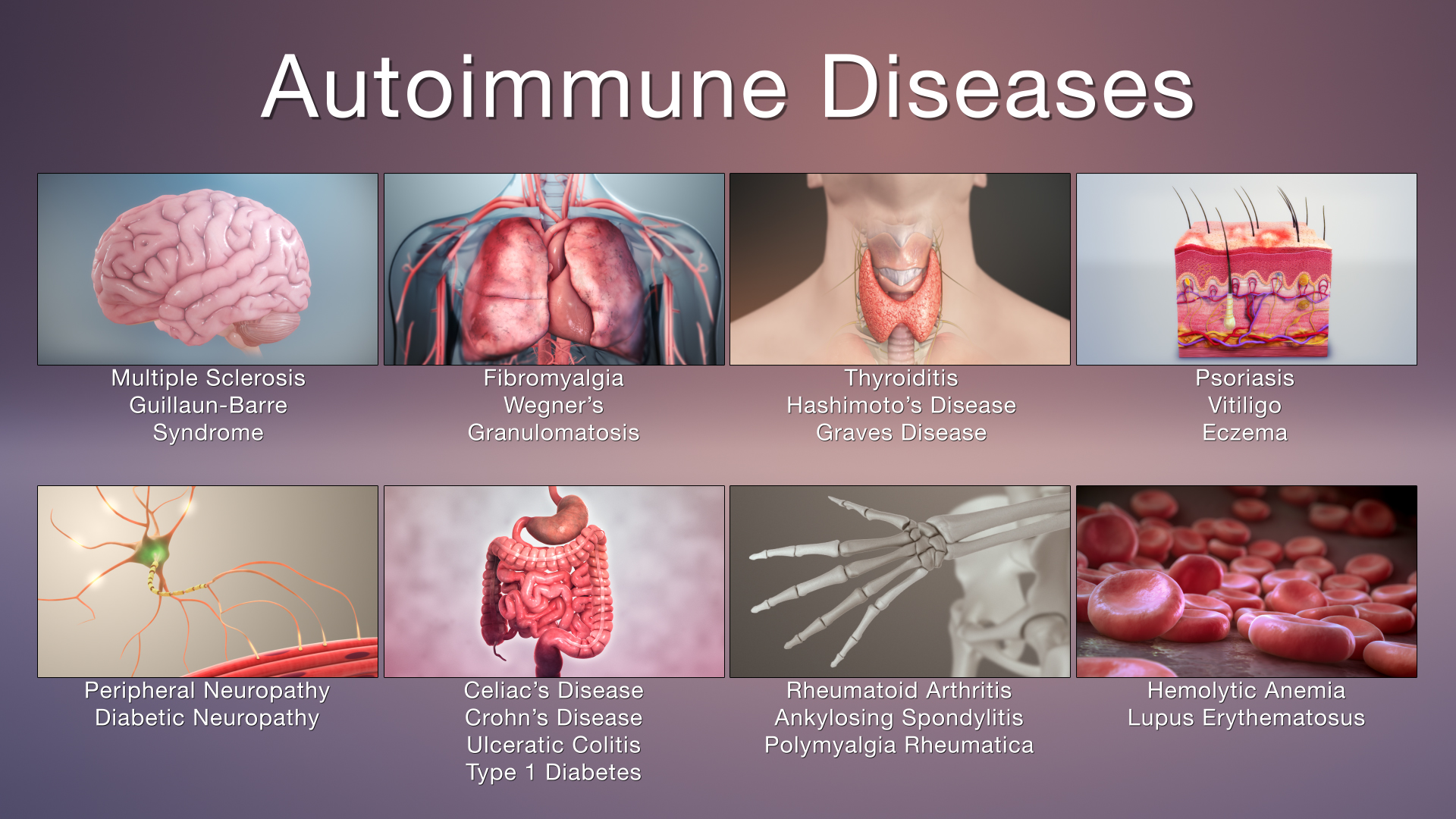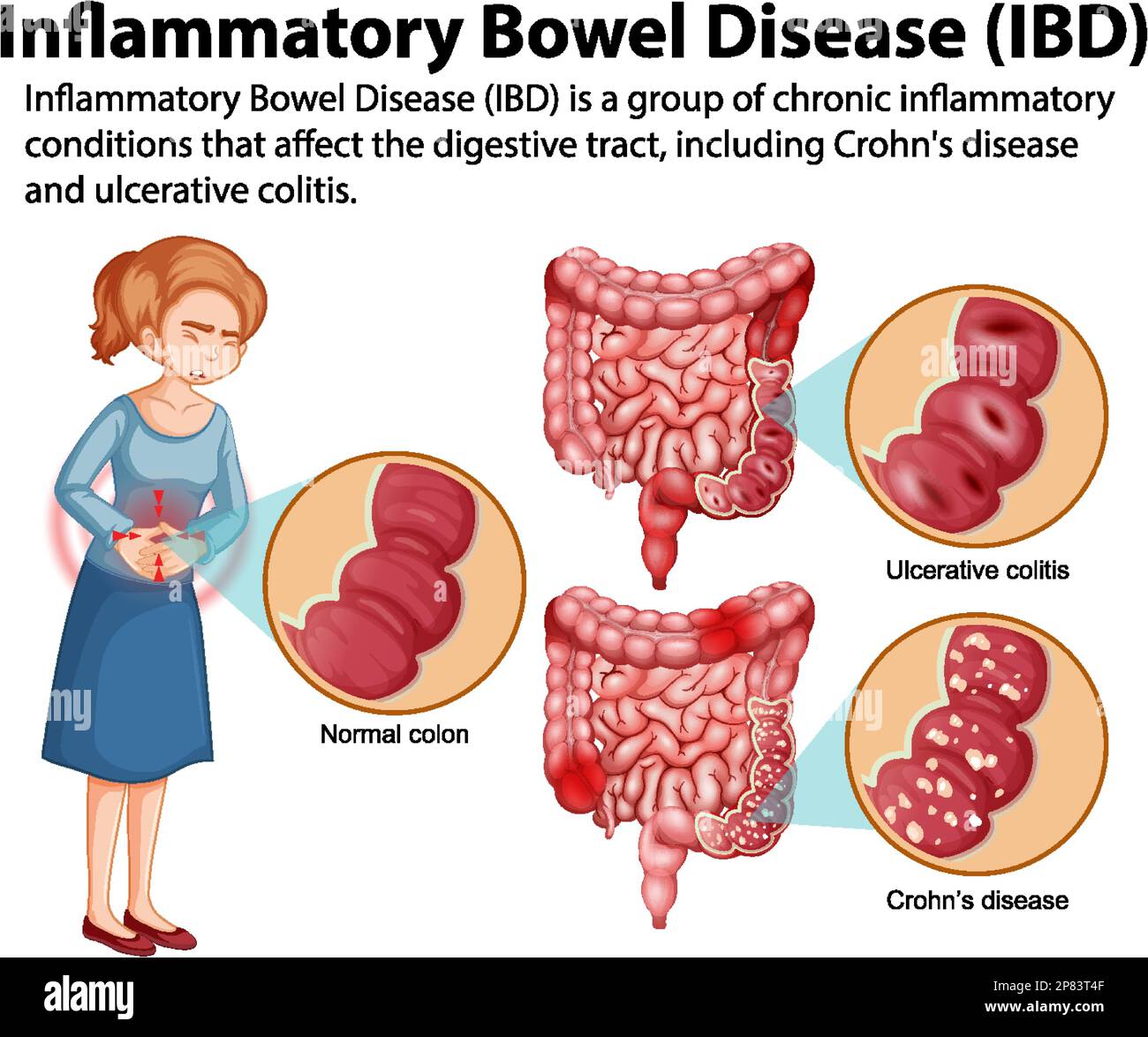Something is happening in our bodies when we get sick, a sort of change from what's normal. It's like your body's usual way of doing things gets interrupted, and this interruption isn't from a sudden bump or scrape. You know, sometimes it just feels off, and that's often what we're talking about when we mention a disease.
We all have a pretty good sense of what illness feels like, don't we? It's that nagging cold, or maybe something more serious that makes us pause. For instance, just thinking about it, you might picture a sniffle or even something like arthritis, which makes joints ache and feel stiff, so it's a condition that really impacts daily comfort.
So, really, when we talk about keeping ourselves and others healthy, it boils down to figuring out how to keep these conditions from spreading or even starting in the first place. That's where the idea of disease control and prevention comes into the picture, helping us all stay on top of things, and that's pretty important for everyone.
- The Fan Bus
- Skinwalker Ranch Current Status
- Jake Harris Deadliest Catch
- Michael Phelps Wife
- Shania Twain Forever And For Always Lyrics
Table of Contents
- What Exactly Is a Disease Anyway?
- How Do We Spot Trouble? What Are the Signs of Disease Control and Prevention Needs?
- Why Bother with Disease Control?
- Simple Steps for Disease Prevention at Home
- Community Efforts for Disease Control and Prevention
- Understanding Specific Conditions - A Look at Disease Control and Prevention
- Staying Ahead of Illness - What Can We Do for Disease Control and Prevention?
- The Big Picture - How Does Disease Control and Prevention Help Us All?
What Exactly Is a Disease Anyway?
When we talk about a disease, we're really describing a particular state where a living thing, whether it's a person, an animal, or even a plant, isn't quite right. It's a situation where something inside isn't working as it should, or perhaps a part of the body isn't shaped the way it's supposed to be. This isn't about getting a cut or a bruise from falling down, no, it's something that happens from within, or perhaps from something that gets inside you, so it's a rather different kind of upset.
For a moment, the idea of what a disease is seems pretty simple, doesn't it? We might think, "Oh, it's just being sick." But if we look a little closer, we see it's more than just a fleeting feeling of being unwell. It's a real shift from a body's usual, healthy state, usually showing itself with things you can feel or see, like a cough or a rash. This kind of change is different from, say, breaking a bone, which is an external physical hurt. It's more about an internal disruption, and that's a key distinction, apparently.
Experts, like those who put together information on many common and less common conditions, often describe it as any sort of bad shift from how an organism normally works or is put together. This kind of shift usually comes with certain indicators or feelings that let you know something is off. It's not just a general feeling of being under the weather, but something more specific that points to a particular problem, like your body doing something it shouldn't, or not doing something it should, in a way.
Consider arthritis, for instance. This is a condition where your joints get inflamed, which can bring about stiffness or a lot of discomfort. It's a clear example of how a disease can change a part of your body's usual operation, making everyday movements a challenge. Or there's a skin condition that can cause a lot of irritation and an urge to scratch. These are instances where the body's normal processes are disturbed, causing noticeable issues, so it's quite clear what's going on.
The core idea is that a disease is a kind of disorder, something that gets in the way of your body's regular functions. It's what a healthcare provider usually identifies, often by looking at what you're experiencing and what they observe. It's like they're putting together clues to figure out what's really going on inside. This process helps to name the specific problem, which is a big step in figuring out how to help, you know, get things back to normal, or as close to normal as possible.
How Do We Spot Trouble? What Are the Signs of Disease Control and Prevention Needs?
When your body isn't feeling quite right, it often sends out signals. These signals are what we call signs and symptoms, and they are your body's way of telling you that something might be off, perhaps a condition that needs some looking into. For example, if you have a fever, that's a sign. If you feel achy all over, that's a symptom. Learning to pay attention to these subtle hints is a first step in understanding when it's time to think about disease control and prevention.
A healthcare professional is typically the one who puts a name to what's going on. They use what you tell them, along with what they can see or measure, to make a determination. This is like them being a detective, gathering all the information to figure out the puzzle of your health. This process is very important because knowing what you're dealing with is the first step toward figuring out how to get better or how to keep others from getting the same thing, you know, it's pretty essential.
Sometimes, the signs are quite obvious, like a skin condition that causes a lot of itchiness, making it hard to ignore. Other times, they might be more subtle, something you just feel isn't quite right but can't put your finger on. The important thing is not to brush these feelings aside. They are your body's way of asking for attention, and giving that attention is part of being smart about your health and about disease control and prevention, so it's something to really consider.
Thinking about things like MRSA, for instance, a type of infection, makes you wonder, "What does that even look like?" Knowing what to look for, even generally, can make a big difference. It's about being aware of changes in your body or how you feel, and then knowing when it's time to get some advice. This kind of awareness is a quiet, but very strong, part of personal disease control and prevention, and that's actually quite powerful.
Why Bother with Disease Control?
You might wonder, why put so much effort into controlling illnesses? Well, it's pretty simple, actually. When someone gets sick, it doesn't just affect them. It can impact their family, their friends, and even their whole community. Think about a common cold spreading through a workplace; it can slow everything down. So, keeping diseases from spreading helps everyone stay healthy and productive, which is a really good thing for all of us, in a way.
Beyond just feeling unwell, many conditions can really mess with a person's day-to-day life. Things like chronic discomfort from arthritis can make simple tasks difficult. When we focus on disease control, we're helping people live fuller, more comfortable lives. It's about reducing suffering and allowing people to do the things they enjoy, rather than being held back by their health. This focus on well-being is a core reason why we care so much about this topic, so it's very much about quality of life.
Also, when fewer people are sick, our healthcare systems aren't as strained. Hospitals and clinics have more resources for those who truly need them. This means better care for everyone in the long run. It's like a ripple effect: one person's good health contributes to the health of the whole group. So, investing in disease control is an investment in our collective health and happiness, and that, you know, just makes sense.
Simple Steps for Disease Prevention at Home
Taking charge of your own health starts right in your own home. There are some really straightforward things you can do every day to help keep those unwanted conditions away. For example, washing your hands often with soap and water, especially after being out or before eating, is a truly simple yet very powerful step. It gets rid of tiny germs that you can't even see but that can cause a lot of trouble, and that's just a good habit to have, you know.
Eating good food that gives your body the fuel it needs, getting enough rest, and moving your body regularly are also really big helpers. These habits build up your body's natural defenses, making it tougher for illness to take hold. It's like giving your body the best tools to fight off anything that tries to make you feel bad. These aren't complicated ideas, but they make a huge difference in disease prevention, and that's actually pretty cool.
Keeping your living space clean, especially surfaces that get touched a lot, can also cut down on germs. Things like doorknobs, light switches, and countertops can harbor things that make you sick. A quick wipe-down can go a long way. It’s all about creating an environment where sickness has a harder time spreading, which is a pretty practical approach to disease prevention in your own space, as a matter of fact.
Community Efforts for Disease Control and Prevention
While personal actions are super important, sometimes keeping a whole group of people healthy requires bigger, community-wide efforts. Think about things like widespread vaccination programs. These help protect not just the person getting the shot, but also those around them who might be too young or too unwell to get vaccinated themselves. It builds a kind of protective shield for everyone, which is a truly wonderful thing for disease control and prevention.
Public health services also play a huge part. They watch out for new or unusual patterns of sickness, like if a lot of people in one area suddenly get the same kind of bug. By spotting these trends early, they can act quickly to contain the spread, perhaps by giving advice or even setting up testing sites. This kind of watchful eye is absolutely key to stopping bigger outbreaks, so it's a vital part of disease control.
Making sure our water is clean and our waste is handled properly are also quiet heroes of disease control and prevention. These systems often work behind the scenes, but they stop many illnesses that used to be very common. Good sanitation keeps harmful things out of our food and water, which is a basic but incredibly effective way to keep entire towns and cities well. It's something we often take for granted, but it's really foundational, in some respects.
Understanding Specific Conditions - A Look at Disease Control and Prevention
Let's go back to those examples we touched on earlier. Arthritis, for instance, is a condition where joints get inflamed, leading to stiffness and pain. For something like this, disease control often means managing the symptoms to improve daily life. This could involve certain physical activities, perhaps some gentle movements, or even medicines that help calm the discomfort. It's about finding ways to live well despite the condition, which is a kind of ongoing disease control for the individual, you know.
Then there's that skin condition that causes a lot of itchiness. For something like this, disease control involves figuring out what causes the irritation and then finding ways to soothe it or keep it from flaring up. This might mean using special creams, avoiding certain things that trigger it, or getting advice on how to care for your skin. It’s about understanding the specific nature of the problem to bring about relief and prevent future discomfort, so it's a very targeted approach.
And what about conditions that are caused by infection, like MRSA? Here, disease prevention is all about stopping the spread. This means things like really good hand washing, keeping cuts and scrapes covered, and being careful in places where germs might gather, like hospitals. Knowing what these conditions look like, even generally, helps people take the right steps to protect themselves and others. It’s about being smart and proactive, which is pretty much the essence of infectious disease control.
Staying Ahead of Illness - What Can We Do for Disease Control and Prevention?
Being proactive about your health means not waiting until you feel unwell to think about it. It’s about doing things regularly that help keep you in good shape. This includes things like getting regular check-ups with your doctor, even when you feel fine. These visits can catch little problems before they become big ones, which is a truly smart way to go about disease prevention, and that's actually a very simple step.
Listening to your body is another big part of staying ahead. If something feels off, even if it’s just a little bit, it’s worth paying attention. Maybe you’re feeling more tired than usual, or you have a persistent ache. These could be early signals that your body is trying to send you. Acting on these signals, perhaps by resting more or talking to a healthcare provider, can make a real difference in how things turn out, so it's kind of like being your own health advocate.
Also, keeping up with recommended screenings for your age and background is a form of active disease prevention. These tests can spot certain conditions very early, sometimes even before you feel any symptoms. Catching something early often means it's much easier to deal with and has a better outcome. It's like having an early warning system for your health, and that's pretty reassuring, you know.
The Big Picture - How Does Disease Control and Prevention Help Us All?
When we all work together on disease control and prevention, the benefits stretch far beyond just one person. Think about it: a healthier population means fewer sick days from work or school, which helps our communities run more smoothly. It means more people can participate in daily life, contribute to their families, and enjoy their hobbies. This creates a stronger, more vibrant society, which is really something to appreciate, in a way.
There's also a big economic side to this. When fewer people are ill, there's less need for expensive medical treatments and long hospital stays. This frees up resources that can be used for other important things, like education or improving our neighborhoods. So, disease control isn't just about feeling better; it's also about making our communities more financially sound and resilient, and that's a pretty significant impact, you know.
Ultimately, a focus on disease control and prevention improves the overall quality of life for everyone. It means less worry about getting sick, more energy to pursue our goals, and a greater sense of security in our daily lives. It allows us to live with more freedom and less fear, knowing that efforts are being made to keep us all well. This collective well-being is the true goal, and it's something we can all contribute to, so it's a truly shared responsibility.
This article has explored what a disease means, from a simple disruption in the body's normal workings to more specific conditions like arthritis or skin irritations. We've looked at how healthcare professionals figure out what's going on and why paying attention to your body's signals is so important. We also covered the simple, everyday steps you can take at home to stay well, along with the bigger, community-wide efforts that protect everyone. Finally, we considered how focusing on keeping illnesses at bay makes a real difference not just for individuals, but for the well-being and strength of our entire society.
Related Resources:



Detail Author:
- Name : Prof. Tremayne Bailey DVM
- Username : steuber.cathrine
- Email : alexandra84@conroy.com
- Birthdate : 2001-08-24
- Address : 1812 Daron Point Apt. 633 Calliechester, CT 26917-6934
- Phone : 1-571-605-3676
- Company : Tremblay, Lang and O'Connell
- Job : Industrial Equipment Maintenance
- Bio : Quos cumque suscipit ipsum eius adipisci totam laborum. Dolorum veritatis aut quia autem facilis rem labore. Vel expedita voluptas vel ut a quia.
Socials
linkedin:
- url : https://linkedin.com/in/camylle.turner
- username : camylle.turner
- bio : Magni est voluptatem ratione iure.
- followers : 3488
- following : 2351
twitter:
- url : https://twitter.com/camylle_official
- username : camylle_official
- bio : Aut excepturi qui eum eos. Molestias nemo aspernatur porro harum. Molestiae ipsa ut nulla enim nam. Vero ab nam quis voluptatem.
- followers : 4736
- following : 1121
tiktok:
- url : https://tiktok.com/@camylleturner
- username : camylleturner
- bio : Et nulla dicta dolores cum. Vel consequatur architecto nemo voluptas quasi.
- followers : 6214
- following : 2735